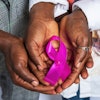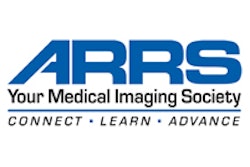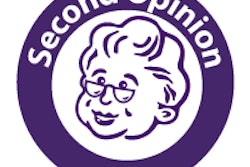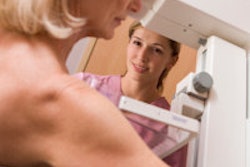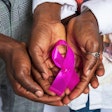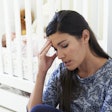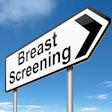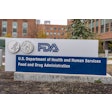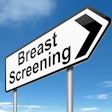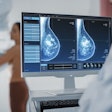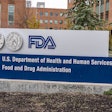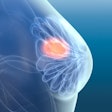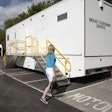Dear AuntMinnie Member,
The U.S. Preventive Services Task Force (USPSTF) yesterday released the long-anticipated update to its guidelines for mammography screening, but the outcome wasn't welcomed by breast screening advocates.
USPSTF largely stuck to its controversial 2009 recommendations, declining to tell average-risk women in their 40s to get screened, and advising women ages 50 to 74 to be screened every two years rather than annually. The group justified its decision to stand pat by stating that the lifesaving benefits of breast screening didn't outweigh its "harms" in some age groups of women.
Mammography proponents are already blasting the draft guidelines, criticizing the panel for relying on data from randomized controlled trials that are more than three decades old, while ignoring newer studies that demonstrate a greater benefit of screening.
USPSTF is also overplaying the supposed harms of screening, in terms of overdiagnosis and false positives, critics charge. While overdiagnosis and false positives do occur, they don't pose nearly the threat to a woman's health as a cancer diagnosis. Read more about the new guidelines -- and their potential effect on reimbursement -- by clicking here.
Kopans responds
As we mentioned, mammography proponents are already firing back at the proposed guidelines, and we're featuring the comments of one of breast screening's most passionate defenders, Dr. Daniel Kopans of Harvard Medical School.
Dr. Kopans takes the USPSTF panel to task for not having any members who are experts in breast screening. And he notes the contradiction in the group's assertion that women in their 40s should be allowed to decide for themselves on screening -- even as many private-payor insurance firms move to eliminate reimbursement for screening in these younger women because of the new guidelines.
Dr. Kopans also disagrees with the panel's use of 50 as an arbitrary threshold at which screening should begin. USPSTF itself acknowledged that screening saves the lives of women in their 40s, and some 30,000 women in this age range are diagnosed with breast cancer each year in the U.S.
Read Dr. Kopans' comments by clicking here.
News from ARRS
The mammography controversy was also the topic of a heated debate that kicked off the 2015 edition of the American Roentgen Ray Society (ARRS) meeting in Toronto this week.
In a roundtable discussion that included Dr. Kopans, proponents and skeptics of breast screening faced off in a debate that centered on a controversial Canadian breast screening trial that found no major health benefit from mammography screening.
Two researchers from the Canadian National Breast Screening Study defended their work, with one of the participants stating her concern that breast screening does more harm than good. Read more by clicking here, or visit our Women's Imaging Community at women.auntminnie.com.
